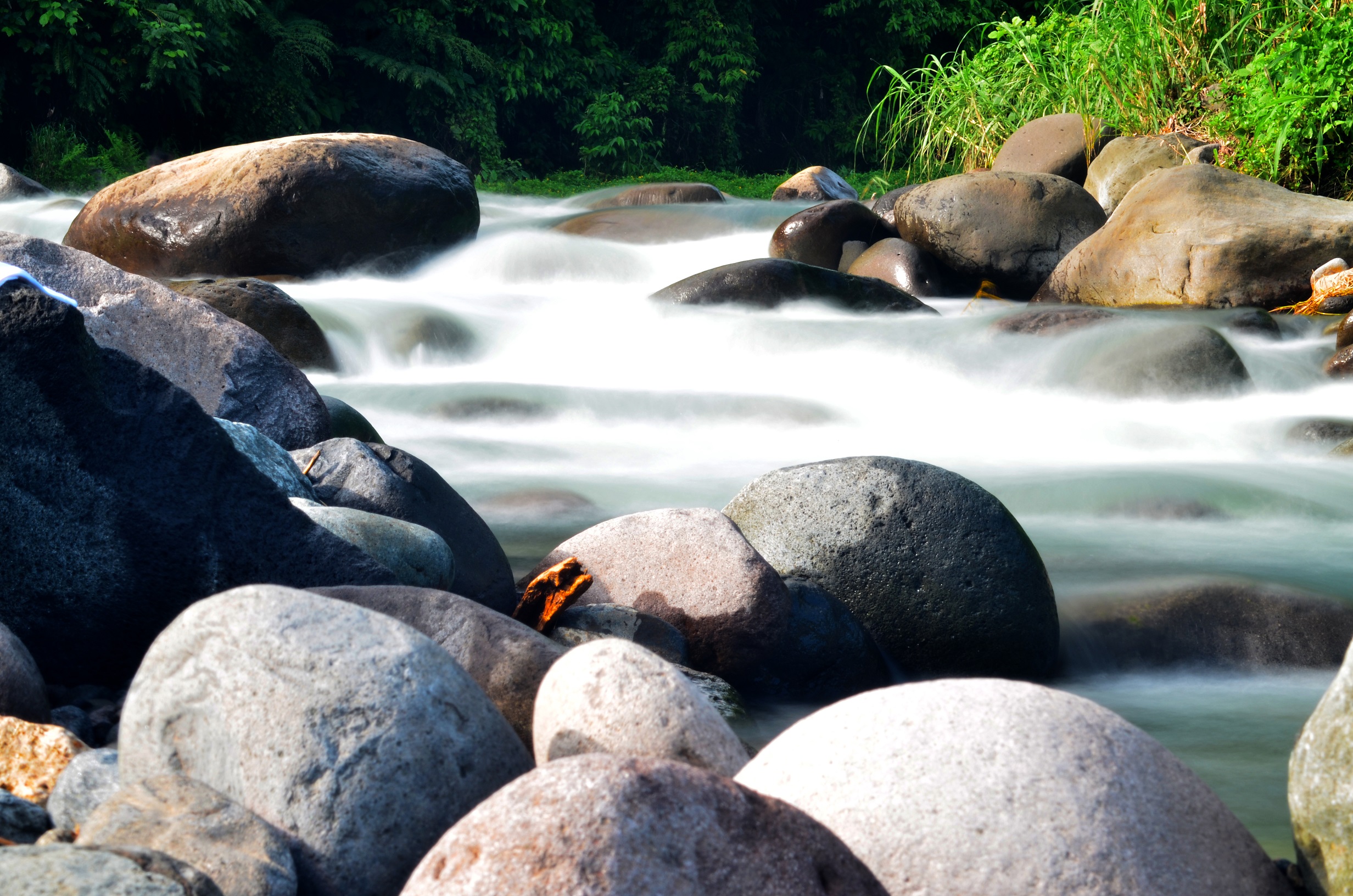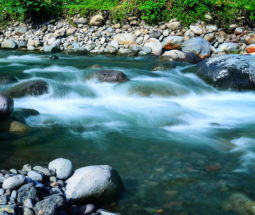DAVAO City Water District is known worldwide for its excellent quality of water that comes from the city’s aquifers. By latest count, DCWD serves more or less 300,000 households and there is no stopping the influx of migrants and increase of business and population on account of the stable peace and order condition that pervaded under the Duterte leadership. DCWD operates several water systems including one that draws surface water from Malagos river. The others run production wells to extract water from aquifers.
To avert over-extraction of groundwater that may result in catastrophic intrusion of saltwater into the aquifers, DCWD entered into a joint venture agreement with Apo Agua Infrastructura Inc. a consortium of Aboitiz Equity Ventures and JV Angeles Construction Company, to undertake a bulk water project that comprehends of tapping the surface water of Tamugan and Panigan rivers located about 50 kilometers west of the city proper. The mega-project which was originally estimated to cost P12.5 billion will initially supply 300 million liters daily to the present consumers plus additional households and industrial establishments from seven other barangays which are either not served or under-served.
Surveys and acquisitions of road-right-of way are ongoing and so with the mobilization of equipment. The infrastructure for the bulk water supply project consist of a weir, the intake point, a desander where silts and other debris are removed, a surge tank that would control the impact of flowing water all the way down to the water treatment facility where a mini-hydropower plant is also located. The hydropower is designed to provide renewable energy to the complex that will also house DCWD’s laboratory and huge water reservoirs. From there treated water will be delivered by gravity to DCWD’s various water systems.
Sustainability of surface water in Tamugan and Panigan is of primordial importance. It is a feather in the cap of the Davao City Watershed Management Council and DCWD Board headed by its Chairman Ed Bangayan and its Management led by Engr. Edwin Regalado that the water district has sustained its reforestation and conservation program in various recharge areas in Davao City’s protected watersheds. DCWD too employs environment watchdogs from local communities that monitor any illegal activities in the watershed areas. With Apo Agua as its partner the engagement of more people in the community will be enhanced and additional project undertakings under their respective social responsibility programs will insure the sustainability of forest conservation and rehabilitation and security of vital installations of the bulk water project.
A prime concern of DCWD is the existence of poultry and hog farms including corporate plantations which had breached the demarcation lines that strictly defines the protected areas where developments of whatever kind are absolutely not allowed. On a personal note I have seen these with my own eyes: cavendish banana plantations in the slope of Tamugan river in Tambobong, and farms that had been expanded all the way to the river banks of Panigan in Carmen.
These developments in the protected areas of the city watersheds particularly those where Panigan and Tamugan rivers meander may not be an issue of concern for now but I hope that our city authorities, particularly the city legislative body, must be warned that this is a critical issue once DCWD and Apo Agua will commence sourcing out water from Tamugan and Panigan. We should not allow hazardous chemicals and other effluents to pollute the surface water of these rivers otherwise this gargantuan project will be for naught.
Davao City Mayor Inday Sara, known for her political will, may take a serious look at this. Those affected will have about two years from now to relocate or setup the standard 20-meter border line that would separate these farms from the slope. That border which ought to be planted with trees or tiger grass to sieve pollutants from cascading direct to the rivers. This is not subject to negotiation for it is a matter of strict compliance.
By the way, it is significant to note that even in the worst dry spell that took place in 2012 the volume or level of water from Tamugan and Panigan was never affected. This is a good indication that Mt. Tipolog, the main recharge area of the twin rivers, have indeed an excellent forest cover. We hope it stays that way.
This year, being an election year, I still have to hear a candidate include in his or her agenda the protection of Davao City’s natural resources of rivers and streams, watersheds and our vital aquifers. It is about time for city government to impose exclusion zone for location of harmful business activities proximate to the protected areas. Health is wealth and that should top in the agenda of our planners and politicians. By year 2021, the bulk water supply facilities will start operations. This will give our aquifers several decades of rest and be recharged for the benefit of future generations.
March 6, 2019 SunStar Davao
Jun Ledesma
https://www.sunstar.com.ph/article/1795638




